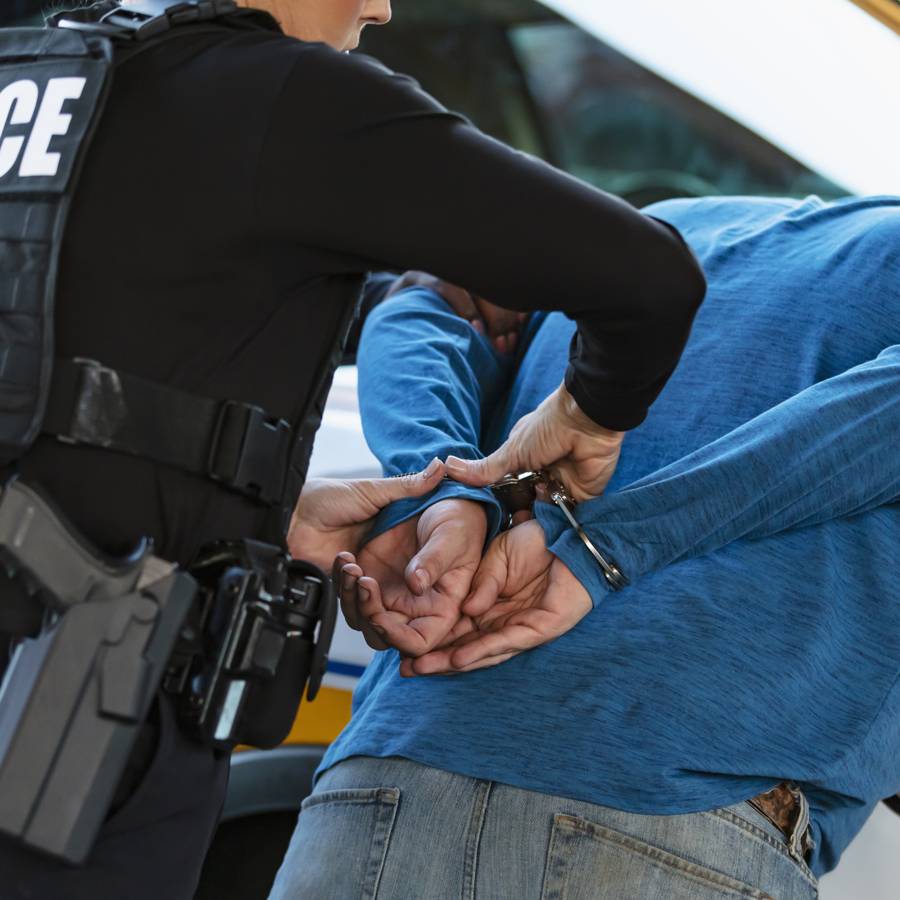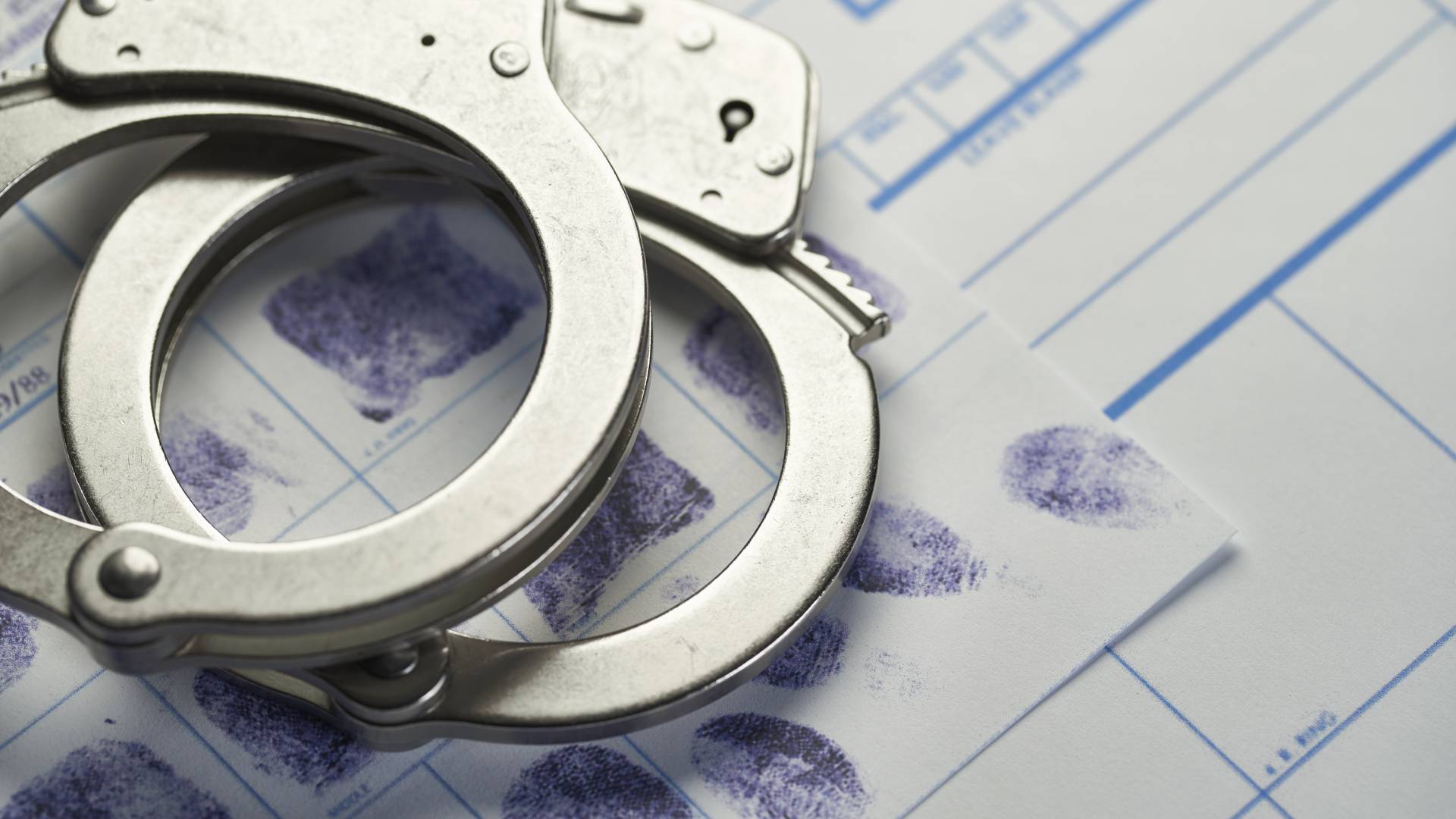
Des Moines Theft Crime Lawyer
Aggressive Defense Against Theft Charges in Iowa
Facing theft crime charges in Des Moines can be a daunting experience, but you don't have to navigate the legal system alone. At Branstad & Olson Law Office, our seasoned attorneys are committed to offering thorough legal support for individuals facing theft crime accusations in Iowa. Leveraging our expertise and experience, we aim to safeguard the rights and interests of our clients every step of the way through the legal proceedings.
Call Branstad & Olson Law Office at (515) 329-3100 or contact us online to schedule a meeting with our theft crimes attorney in Des Moines!
Theft Defined in Iowa
In Iowa, it is unlawful for any person to deprive another individual of their property without consent intentionally. Numerous theft offenses exist, including theft of personal property, vehicles, money, credit cards, or another person’s identity. Fraud, robbery, and embezzlement are also considered thefts in Iowa.
According to Iowa Code § 714.1, several activities may be considered theft, including:
- Writing bad checks
- Using a credit card without permission
- Accessing a computer without the owner’s authorization
- Intentionally failing to return rental property.
- Shoplifting
- Obtaining property, labor, or services through means of deception
- Exercising control over property having a good reason to believe the property is stolen
- Obtaining services, such as public utility, telephone, or cable services, through an unauthorized connection to the service line
Iowa Theft Penalties and Classes
Similar to other states, Iowa classifies theft crimes according to the value of the property or services that were stolen. Theft can be charged either as a misdemeanor or felony.
The classifications and penalties for theft offenses in Iowa include:
- Class C felony theft: Theft in the first degree occurs when the property is valued at more than $10,000 or under other specific circumstances. A conviction results in a maximum punishment of 10 years, a fine between $1,000 and $10,000, and restitution for the property taken.
- Class D felony theft: Theft in the second degree occurs when the property is valued between $1,500 and $10,000 or a motor vehicle is stolen. Non-habitual offenders can be sentenced to a maximum of 5 years in prison and a fine of $750 to $7,500, plus restitution.
- Aggravated misdemeanor theft: When the property is valued at more than $750 but less than $1,500, it is theft in the third degree. A person can also be charged with aggravated misdemeanor theft when the property is valued at less than $750 and they have two previous theft convictions. The maximum punishment for this type of theft is two years in prison, a fine between $625 and $6,250, and restitution.
- Serious misdemeanor theft: When the property is valued between $300 and $750, the crime is a serious misdemeanor. A fourth-degree theft crime is punishable by a $315 to $1,875 fine and no more than one year in jail.
- Simple misdemeanor theft: When the property is valued at less than $300, the offense is a simple misdemeanor. Simple misdemeanor theft can result in a $65 to $625 fine and up to 30 days in jail.
Defenses Against Theft Crime Charges
If you've been accused of a theft crime in Des Moines, defenses may be available to challenge the allegations against you. Some common defenses against theft crime charges include:
- Lack of Intent: If you didn't intend to permanently deprive the property owner or believe you had a legal right to it, you might have a basis to challenge theft allegations.
- Mistaken Identity: If you've been incorrectly identified as the perpetrator of the theft, you could offer evidence to establish your innocence.
- Duress: If you committed the theft under duress or threat of harm, you may have a defense against criminal liability.
- Entrapment: If law enforcement officers induced you to commit the theft through coercion or deception, you may have a defense based on entrapment.
Seeking guidance from a skilled theft crimes attorney is crucial to analyze the unique intricacies of your case and devise the optimal defense strategy.
Contact Our Des Moines Theft Crimes Attorney
Knowledge of legal representation is essential if you face theft crime charges in Des Moines. At Branstad & Olson Law Office, our team is committed to providing aggressive advocacy and personalized attention to each client we serve. Contact us and learn how we can help protect your future.
Contact Branstad & Olson Law Office to schedule a meeting with our theft crimes lawyer in Des Moines!


Our Settlements & Verdicts
Our top priority is to devise customized legal strategies that are tailored to the unique legal needs of our clients, no matter how simple or complicated their situations, might be.
-
Reversed and Remanded Appeal - Administrative
-
Reversed and Remanded Suppression Leading to Dismissal
-
Not Guilty – Jury Trial Assault with Intent to Commit Sexual Abuse
-
Not Guilty– Jury Trial Murder 1st Degree
-
Not Guilty - Trial Vehicular Homicide
-
Not Guilty– Jury Trial Murder 1st Degree